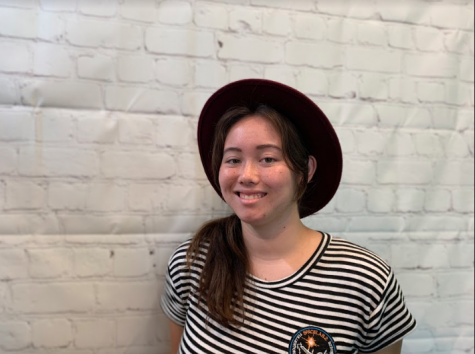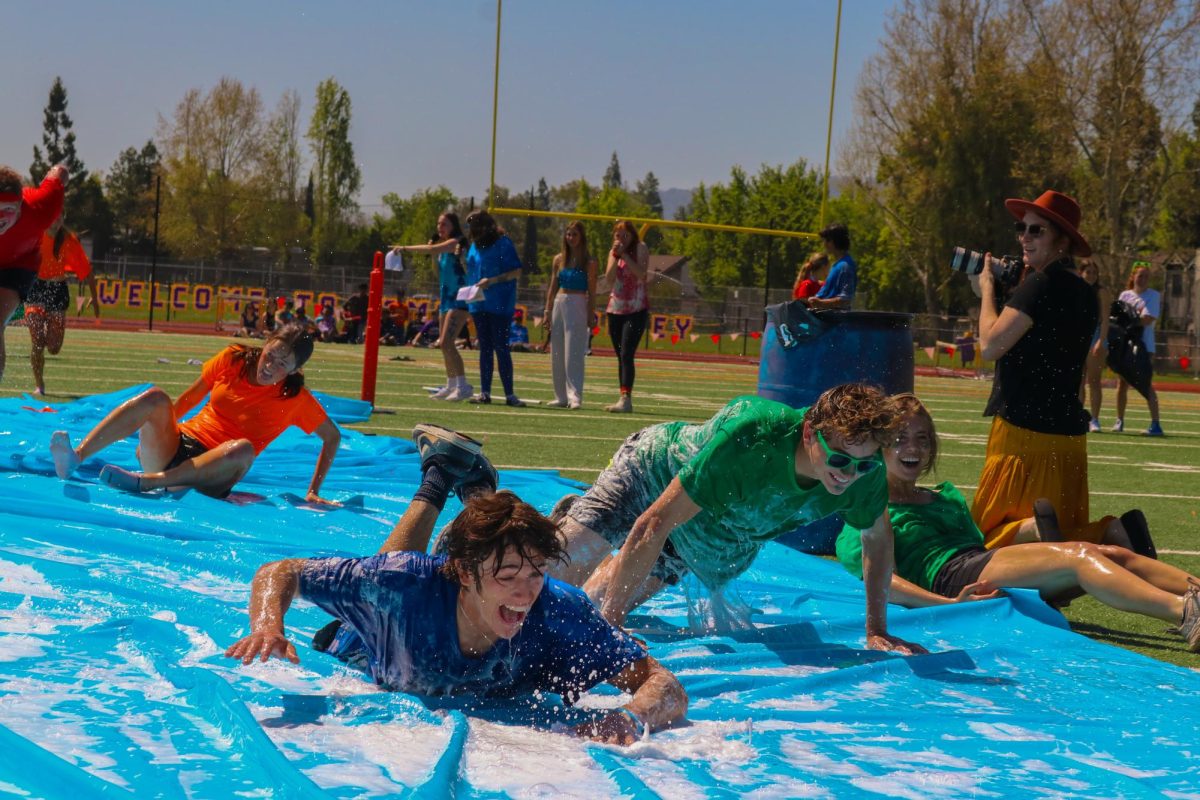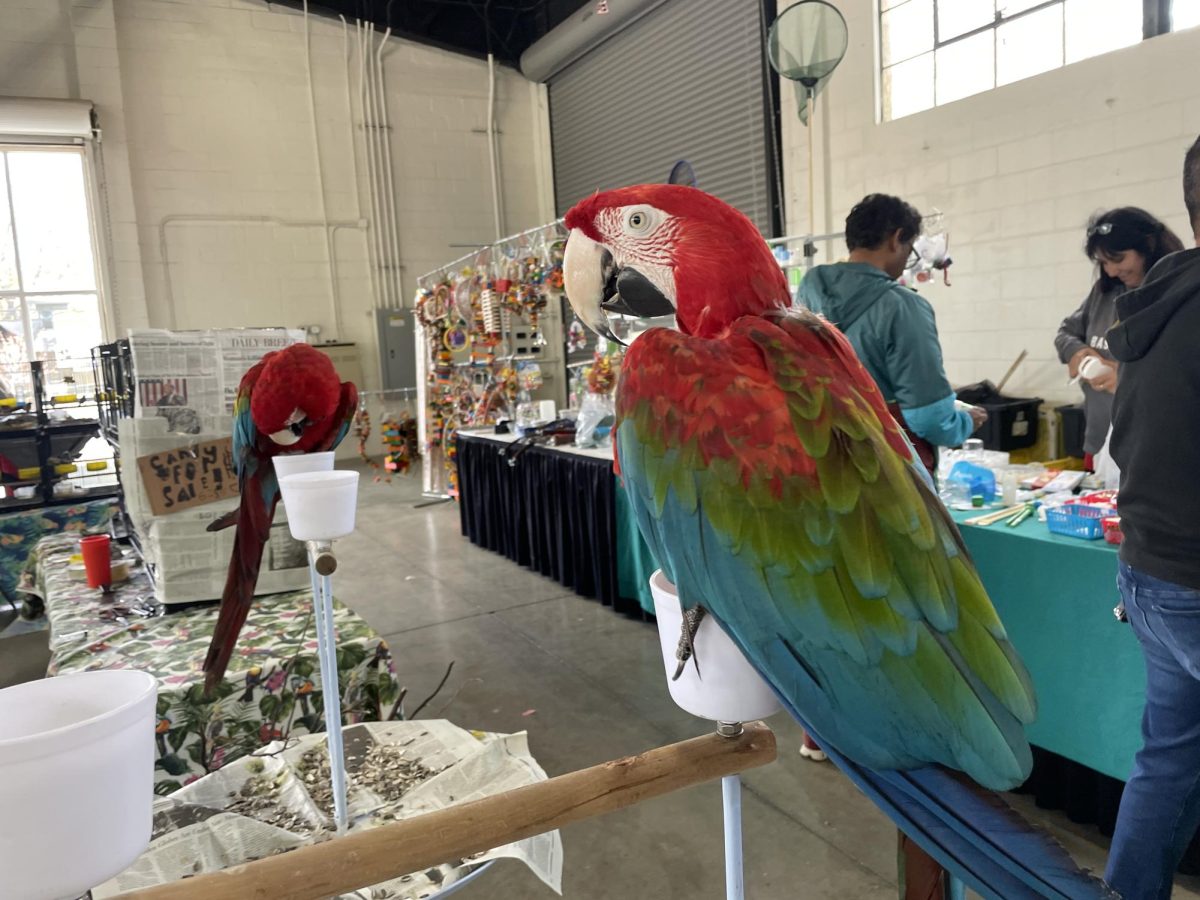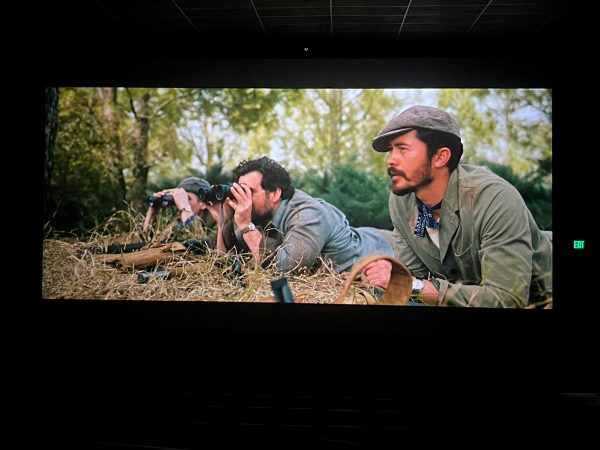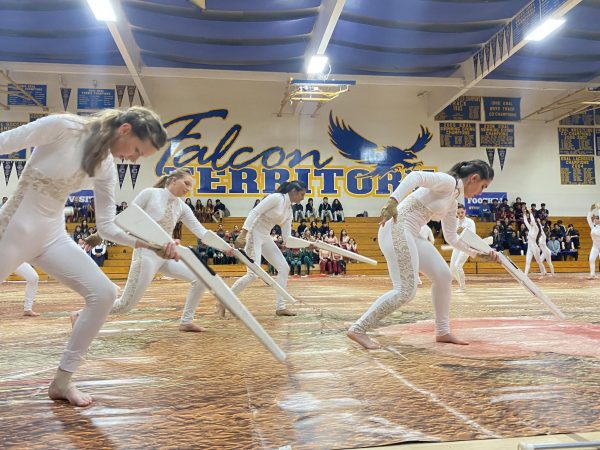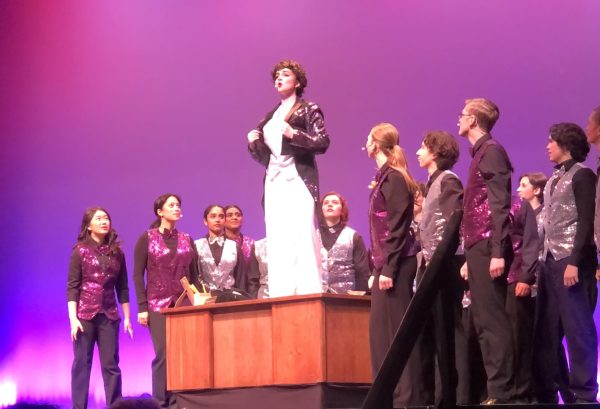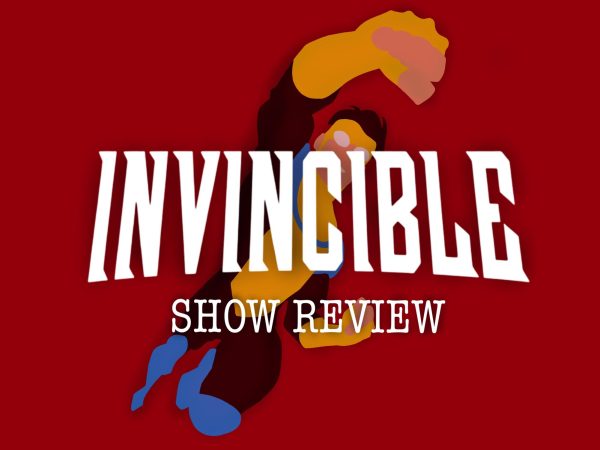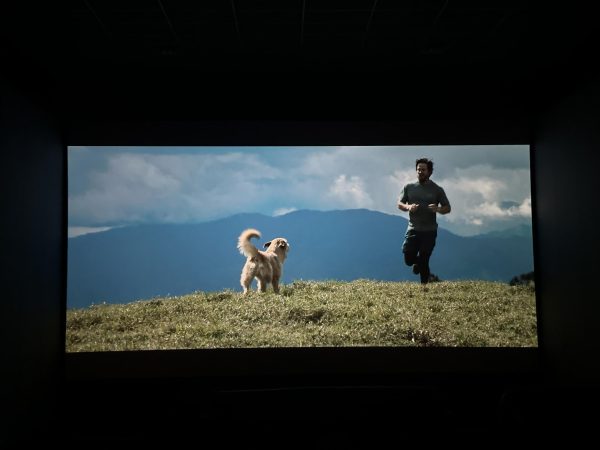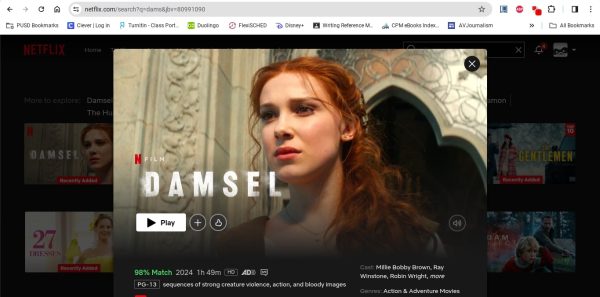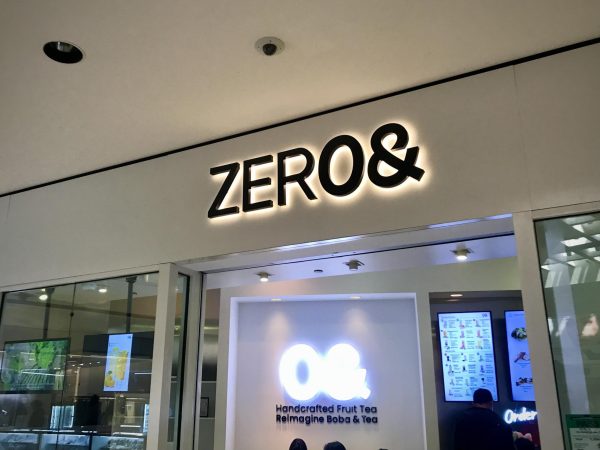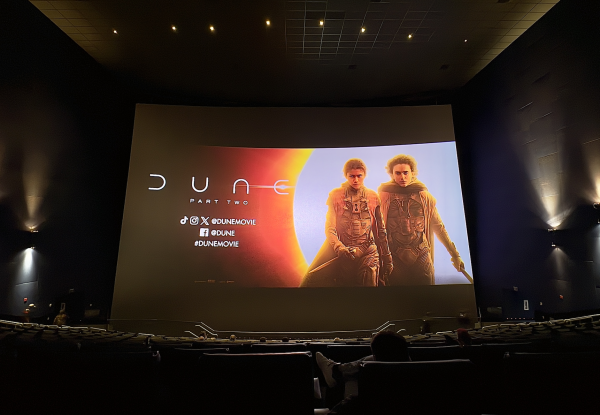Say Something Week: A Nationwide Event That Vehicles Education to Prevent School Tragedies
March 1, 2019
This week, schools and youth programs across the country have participated in the program, Say Something Week. Say Something Week gives the opportunity for schools to raise awareness about how to spot out and act upon warning signs indicating student suicides and school shootings for the sake of preventing tragedy.
Say Something Week is annually lead by the Sandy Hook Promise, a non-profit organization made up of people who lost their loved ones at the mass shooting of Sandy Hook Elementary that occured on December 14th, 2012. Through this event, they encourage schools to teach students 3 objectives:
- Look for warning signs, signals and threats
- Act immediately and take signs, signals and threats seriously
- Say Something to a trusted adult before someone hurts themself or others
Schools that participated in Say Something Week went through a simple, costless process. First, the schools registered to participate in the event by providing their contact information on the Say Something page of the Sandy Hook Promise website.
Once they were registered, schools were sent a planning guide, toolkit, a 45 minute student presentation and training videos for presenters.
With these resources, participating schools taught their students the skills needed to help prevent school violence either digitally, in the classroom, or at assemblies.
Throughout this week, educating students about the warning signs of potential school violence has been emphasized. Educators have encouraged students to look out for and be aware of:
- Students with an obsession or fascination with firearms
- Students with extreme feelings of isolation or social withdrawal
- Victims of long-term bullying
- Victims of social rejection or marginalization
- Threats of violence or antisocial behavior
- Hints about an upcoming attack or threats of violence (this is a serious warning sign that would demand immediate intervention)
While this program has not been implemented yet at Amador, Dons have shared a variety of thoughts about the significance Say Something Week and Amador can do to avoid tragedy.
“I definitely think that Say Something Week is important. I think it’s important because it raises awareness and really educates students, as well as the community, on how to prevent tragedies. I really like how it emphasizes the power that young people have to save lives when they say something to a trusted adult, sort of that you know, ‘see something, say something’ motto…We’ve seen with the March for Our Lives and other movements how powerful it can be when students do speak out against gun violence,” said Nicole Zheng (‘18), the organizer of Amador’s 2018 march against gun violence and memorial to the lives lost from school shootings.
Students are in agreement that poor mental health is a large contributor to school violence. They encourage that more discussion about the mental health problems prevalent on campus should be made at for the sake of preventing violence.
“Saying something and opening a dialogue about mental illness is the first and most important step to mental illness treatment and prevention. As students we are uncomfortable with discussing mental illness and being vulnerable and open with such an intimate topic, but it is the only way we can improve our student body’s struggle,” said Jessica Stubbs (‘19).
While students agree on the matter of talking about mental health, many of them also believe that more opportunities need to be made and actions done to help those struggling with mental health issues.
“To help decrease the number of suicides and gun violence, it is crucial that [we] are giving students easier access to mental health opportunities. These opportunities will be a huge step in the change in our society, as is gun violence awareness to many students,” said Leuna Yeung (‘21).
To keep schools safe, students also think the government should address gun violence, whether through policy changes or creating organizations that educate people more about guns.
“Guns are just a manifestation of socio-economic issues and crime, and if you take them away you’re not really gonna get rid of the issues. [Instead] you could advocate for better policing and stuff like that. There’s things that make more logical sense to me than banning guns,” said Bryan Green (‘20), the president of the Junior State of America (JSA), a nonpartisan student-run organization that debate about social issues and promote activist initiatives.
Despite the variety of differing approaches that advocated for, all students seem to agree on one thing: Amador should speak out against gun violence and act to prevent school violence.
“There are differences along party lines or just in general between people who are more conservative or more liberal. But I think in general everyone can agree that school safety is important and that gun violence definitely does not belong in schools. So I think that’s always a good place to start when you are talking to someone that has different opinions than you, is that there is common ground and that nobody thinks it’s okay for school shootings to occur,” said Nicole Zheng (‘18).
Check out this video!

